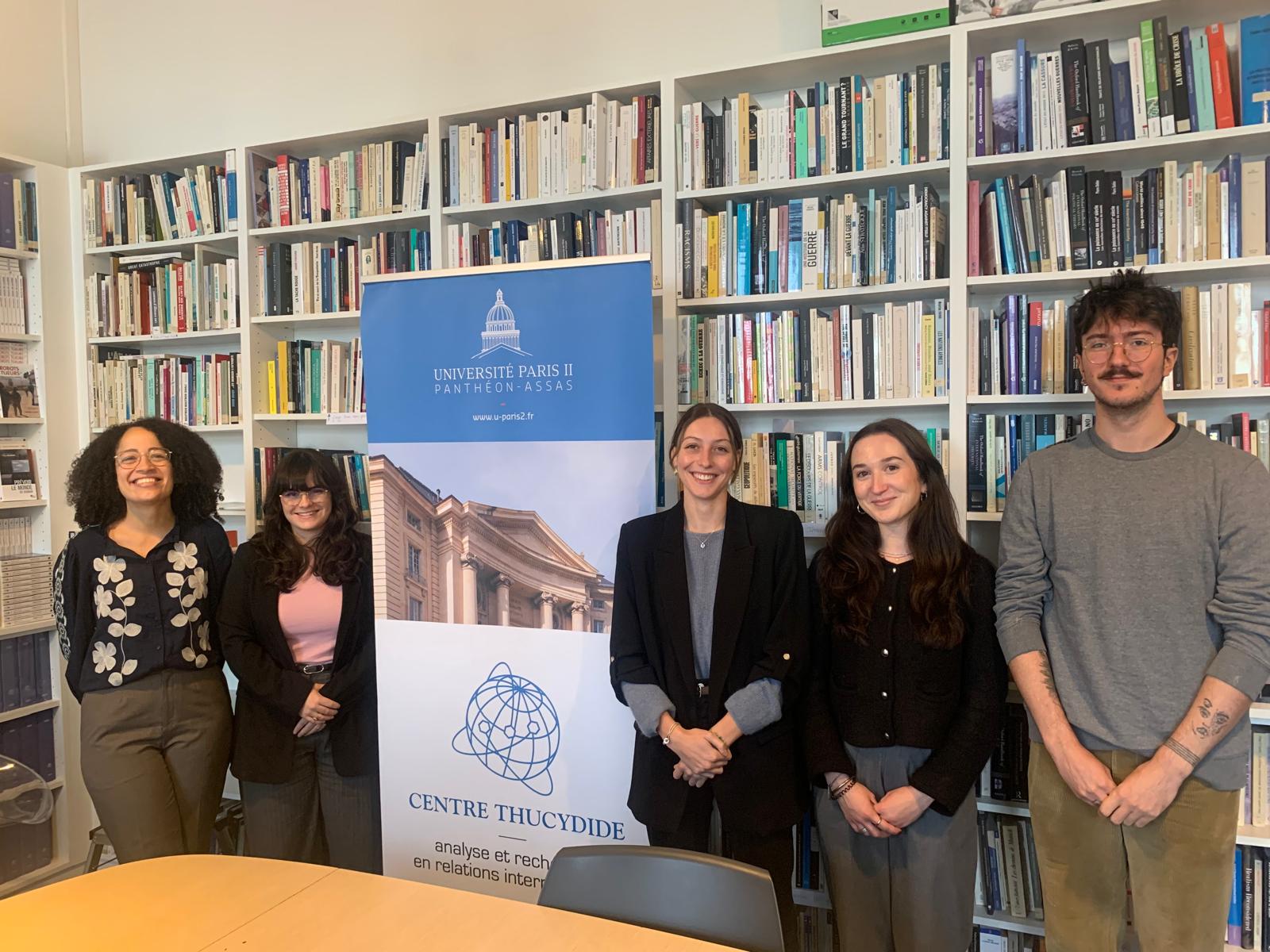International society and SARS
Public health’s governance came to a turning point when the SARS epidemic occurred in 2003. The crisis was managed by working out a strategy which materialized as an exceptional involvement of the concerned actors together with a big turnout of human and technical means. A quick assessment allowed arranging reply plans in case of any epidemic resumption. The WHO was the driving force, and thus restored its legitimacy by showing its capacity for managing the field of health, considered as a global public good. To be fully effective, such a strategy yet has to rely on a cultural approach of emergency, which has to be developed from a crisis management viewpoint and on consensual logic. It also supposes the emergence of a sanitary code of ethics built on a specific public order as well as a responsibility of the various parts. This strategy affects sensitive sectors and appears to be often innovative; it is therefore very vulnerable. – Summary AFRI-2005




![[Table-ronde de rentrée] Bilan et perspectives stratégiques 2023-2024](https://www.afri-ct.org/wp-content/uploads/2023/10/53203474404_34af8fbdb3_o-scaled.jpg)
